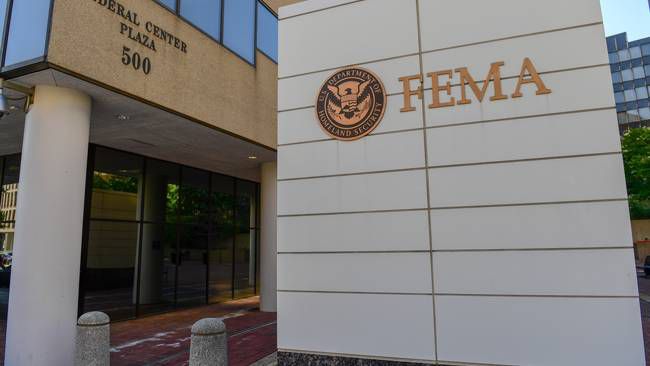As Congress debates the Republican tax bill known as the “Big Beautiful Bill” there are concerns from both sides of the aisle about how it would restrict states trying to regulate artificial intelligence.
The version passed in the House bans any AI regulation by states for a decade.
The argument for avoiding specific state regulations is so there’s not a patchwork system that stifles innovation.
But restricting states also comes with concern.
After voting for the bill Georgia Republican Rep. Marjorie Taylor Green posted on social media that she wasn’t aware AI language was in the bill, writing “I am adamantly opposed to this and it is a violation of state rights... we have no idea what AI will be capable of in the next 10 years and giving it free rein and tying states hands is potentially dangerous.”
North Carolina Democratic Attorney General Jeff Jackson expressed similar concerns in a video on social media.
“And now you’re telling us you’re going to try and rip up everything the states have done because you’re that confident Congress is going to do it and do it better. Well with respect and on behalf of pretty much the entire country, we don’t believe you,” Jackson said. “We’re talking about laws that stop deep fakes that are trying to fool voters or block AI spam text messaging or prevent companies from digitally cloning your face or voice without consent.”
Senate Republicans did tweak the AI portion of the bill, but it still presents a major hurdle for states.
All of this comes as the prevalence of artificial intelligence stretches to more and more parts of our lives by the day, and Congress has yet to put in place significant regulation.
“I do think we’re behind,” said Democratic Rep. Valerie Foushee, who served on the bipartisan AI Task Force in the House last Congress.
In its final report at the end of 2024 the task force called for a framework on AI regulations for the country with the goal of making sure AI advancement occurs, but it’s done safely.
Since then Congress hasn’t put in place significant regulations or a federal framework on AI.
AI companies have massive sway in Congress. Lobbying efforts have increased significantly. OpenSecrets tells Spectrum News the number of clients lobbying AI increased from 458 in 2023 to 647 in 2024. The number of clients in just the first quarter of this year is 521.
“There was a brief moment where actually even industry was more friendly to regulation. Now, there is a lot of backtracking and a lot more of a return to the standard Californian ideology or Silicon ideology, which is just no guardrails, please leave us alone, let us innovate,” said University of Wisconsin-Madison Assistant Professor Annette Zimmerman.
“We put together a framework to move forward and now for that report to basically sit on the shelf is disappointing,” Foushee said.
In the interim some states have put in place their own regulations.
“These are just little guardrails that actually can be a good blueprint for federal AI policy down the line,” Zimmerman said. “I think the more nuanced take on this is actually to view states’ efforts in this area as little trial runs that give us a lower stakes, lower risk way of testing innovative regulation in a faster way.”











